
Table of Contents
Taking too much protein consistently has been associated with kidney damage and a couple of other side effects like nausea, hyperammonemia, diarrhea, hyperaminoacidemia, proteinuria, and even death. This is a meal habit that must be avoided especially if you are in any way at risk of kidney disease.
People take too much protein for various reasons such as muscle growth, weight loss, or weight gain. Muscle growth and maintenance is one of the most important uses of proteins in the body. High protein intake has also been proven to aid in weight loss through several physiological processes I mentioned in a previous article you may want to see.
The use of protein for weight gain is something no one should get into as they are by no means one of your body’s major ways of gaining weight. I gave reasons why you mustn’t rely on proteins for weight gain in another article you may want to read.
It is known that proteins can play a role in the provision of energy, however, the intake of too many proteins for the sake of energy provision is perhaps another practice you must avoid. The recommended daily allowance of protein (0.8g/kg/day) does not take into consideration the use of protein as a source of energy, according to the International Journal of Sports Nutrition and Exercise Metabolism.1
If you insist on embarking on high protein diets in the long term, pieces of advice that are not just coming from me but from the Harvard School of Medicine states that you should:
- Consult your personal care physician to know if you are at risk of medical issues like kidney disease,
- Spread your intake across several meals rather than consume so much in one meal,
- Source your proteins from poultry products, plants, and low-fat dairy sources,
- Maintain a balanced diet.
How much protein per day is too much?
You have taken too much protein when your intake exceeds the maximum value of 3.5g/kg/day or when it represents more than 35% of your total daily calorie requirement for that day.
Your body does not store excess proteins as is. They have to be broken down by the liver into two components of which one is converted to urea for excretion while the second is converted into fat for storage.
Too much protein is one of the known causes of protein toxicity and a couple of other symptoms we will discuss here. At this point, your intake may have exceeded what your liver can cope with.
What happens if too much protein is consumed? 15 symptoms and outcomes.

I gave a list of some negative physiological and structural impacts of consuming too much protein that you may want to see. In addition to those, there are a few other symptoms of taking too much protein Listed below.
1. Risk of depression and anxiety: A study published in BMC Public Health has found high consumption of proteins from animal origin to be associated with a risk of depression, stress, and anxiety in adult women.2
2. Bad breath: When you intake excess proteins and little carbs your body has to break down fats to ketone bodies to meet energy needs. These ketone bodies are broken down to release energy through a physiological process called ketosis. Ketosis produces acetone which results in bad breath also called acetone breath where your breath smells like a nail polish remover.
This can occur in ketogenic diets where you eat more fats but less carbs and proteins. It is also observed in cases of uncontrolled diabetes mellitus.
3. Kidney stones: Eating excess animal proteins puts you at risk of developing Kidney stones. For someone at risk of Kidney stones, limiting your protein intake to a quantity as small as a pack of playing cards is advised by the Harvard Medical School.
4. Risk of mental retardation and brain damage: An excessive buildup of amino acids can put you at risk of these according to the National Institute of Health.3
Kindly keep in touch by signing up for our newsletter:
5. Weight loss: High protein consumption has been linked to weight loss and also a lower reduction in abdominal fat and I covered much of it in another article you may want to read up. It is a process that has been confirmed by research.
6. Weight gain: Where your increase in protein intake is not accompanied by a corresponding reduction in other sources of calories, it can increase total net calories consumed. This of course will make you gain weight.
7. Risk of Kidney disease and damage: High protein intake causes intraglomerular hypertension which results in glomerular hyperfiltration. According to the National Library of Medicine, recurrent glomerular hyperfiltration can cause kidney damage over time.4
8. Cancer: A study by the American Association for Cancer Research (AACR) has found a correlation between nutrients derived from animal sources and various types of cancer, especially breast and colon cancer.
9. Risk of heart disease: If your high intake of protein means taking so much red meat and other sources with considerable levels of saturated fats, you stand the risk of developing heart disease.
10. Physical fatigue: Protein is not a major source of energy for the body anywhere as much as carbs and fats from dietary sources even though a part of excess protein is converted to fat. Increasing protein intake at the expense of carbs will leave you with less energy for physical activities.
11. Constipation: Meat and other sources of animal proteins have no dietary fiber. Excess consumption of these products at the expense of other nutrients rich in dietary fibers puts you at risk of constipation.
12. Indigestion: Excess proteins from not-so-healthy sources like red meat have been found to result in indigestion.
13. Nausea: Research has found excess consumption of proteins and fats can cause nausea via the release of stomach hormones and peptides.5
14. Diarrhea: Diarrhea is one of the known stomach upsets that can result from excess consumption of proteins. (source)
15. Death: Death or rabbit starvation syndrome is possible from excessive protein intake according to the Journal of Human Kinetics.
What happens if you eat too much protein but low calories?
Eating more proteins but low calories is a weight loss recipe. Your body will focus on using up your fat stores for energy and as your body’s fat mass decreases, more and more of your protein intake will have to be broken down and used for energy rather than for skeletal muscle protein synthesis.
Though your muscle mass may be maintained, muscle building as a result of your high protein consumption may not happen. Your low-calorie intake will result in physical fatigue which leaves you with less energy for workouts.
The situation is made worse if your protein consumption is too much with low calories. You will be at risk of suffering the symptoms of too much protein intake discussed earlier in this article such as increased risk of cancer, kidney or liver damage, mental retardation, heart disease, brain damage, kidney stone, chronic kidney disease, constipation, diarrhea, or even death.
How much protein is too much for a woman?
The limit of daily protein consumption for a woman does not depend on any single factor. Your age, health status, and how active you are influence the amount of protein that’s right for you. Furthermore, pregnancy and lactation will greatly increase your need for proteins.
No matter your age as a woman, your state of health, activity level, or pregnancy, protein intake above 3.5g/kg/day or greater than 35% of your daily calorie requirement is too much and can lead to health consequences. I treated this topic exhaustively when I discussed the right daily intake of protein.
What happens if you take too much protein powder?
Protein powders and other protein supplements are often the reason for excess protein intake. When you take too much protein powder, you stand the risk of protein toxicity and other symptoms of excess protein intake like diarrhea, nausea, fatigue, indigestion, constipation, etc.
If you are not physically active, taking too much protein powder without cutting down on your meal may mean taking excess calories. The reason is that these supplements usually have considerable amounts of added sugars or calories. Excess calories above your daily requirement will ultimately lead to weight gain.
With excess calories from too many protein powders in the absence of workouts, there will be an increase in fat mass even though you are consuming more proteins. Without exercises, you may not also see a boost in your muscle growth.
References.
- Shane Bilsborough, and Neil Mann. (2006). A Review of Issues of Dietary Protein Intake in Humans. International Journal of Sport Nutrition and Exercise Metabolism. Volume 16: Issue 2.
Page Range: 129–152. DOI: https://doi.org/10.1123/ijsnem.16.2.129. ↩︎ - Sheikhi, A., Siassi, F., Djazayery, A. et al. Plant and animal protein intake and its association with depression, anxiety, and stress among Iranian women. BMC Public Health 23, 161 (2023). https://doi.org/10.1186/s12889-023-15100-4 ↩︎
- Sathyanarayana Rao, T. S., Asha, M. R., Ramesh, B. N., & Jagannatha Rao, K. S. (2008). Understanding nutrition, depression, and mental illnesses. Indian Journal of Psychiatry, 50(2), 77-82. https://doi.org/10.4103/0019-5545.42391 ↩︎
- Ko, J., Rhee, C. M., Kalantar-Zadeh, K., & Joshi, S. (2020). The Effects of High-Protein Diets on Kidney Health and Longevity. Journal of the American Society of Nephrology: JASN, 31(8), 1667-1679. https://doi.org/10.1681/ASN.2020010028 ↩︎
- Wilson, P. B. (2019). ‘I think I’m gonna hurl’: A Narrative Review of the Causes of Nausea and Vomiting in Sport. Sports, 7(7), 162. https://doi.org/10.3390/sports7070162 ↩︎

























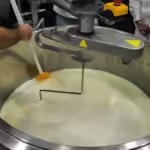

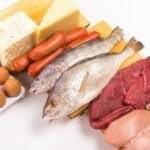
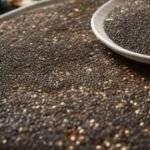
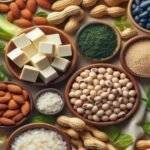







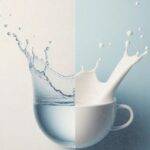




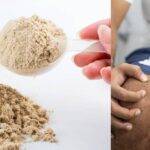





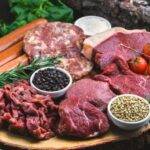






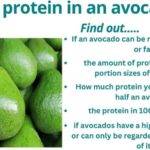
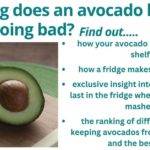



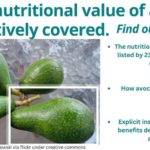
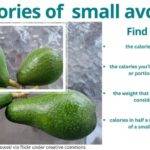
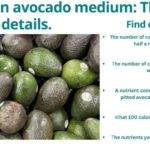

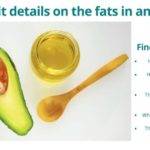

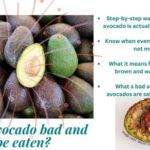

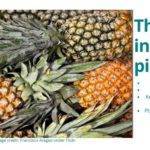



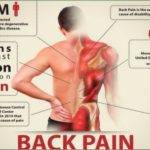






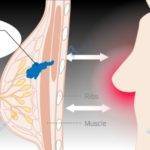
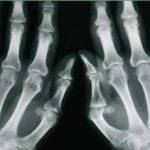
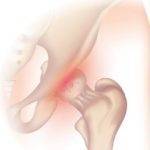



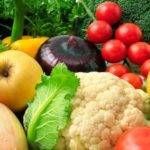




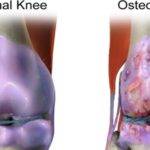
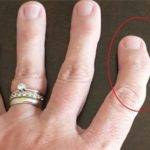
















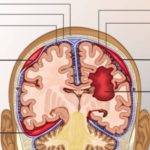
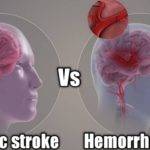
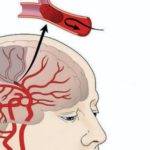


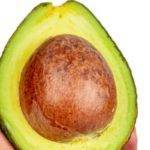










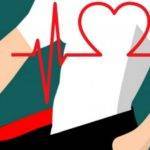
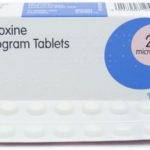


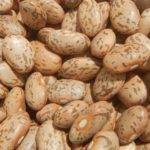
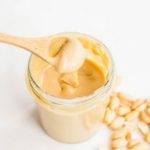
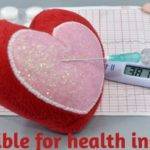







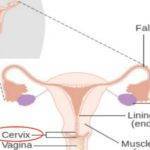

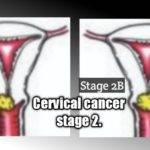
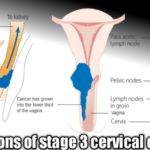
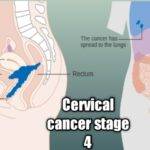
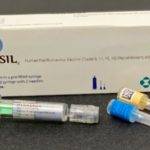








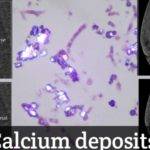


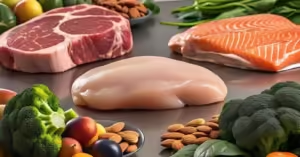



I regard something to be genuinely interesting about your website so I saved to my bookmarks.
I appreciate you for putting up this.
Hi there, just became aware of your blog through Google, and found that it’s truly informative. I’m going to watch out for more posts. I’ll be grateful if you continue this in future. Many people will benefit from your writing. Cheers!